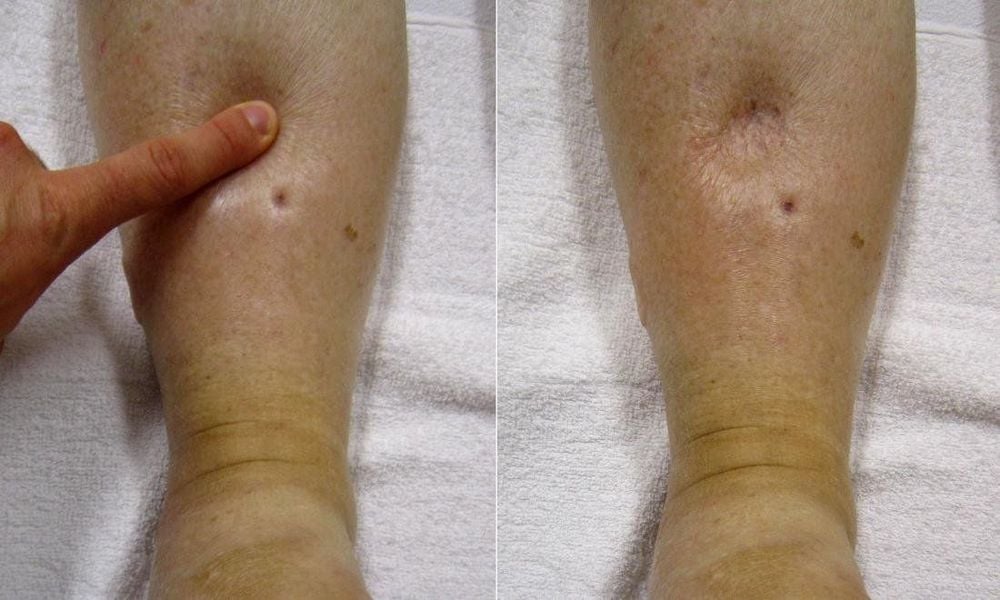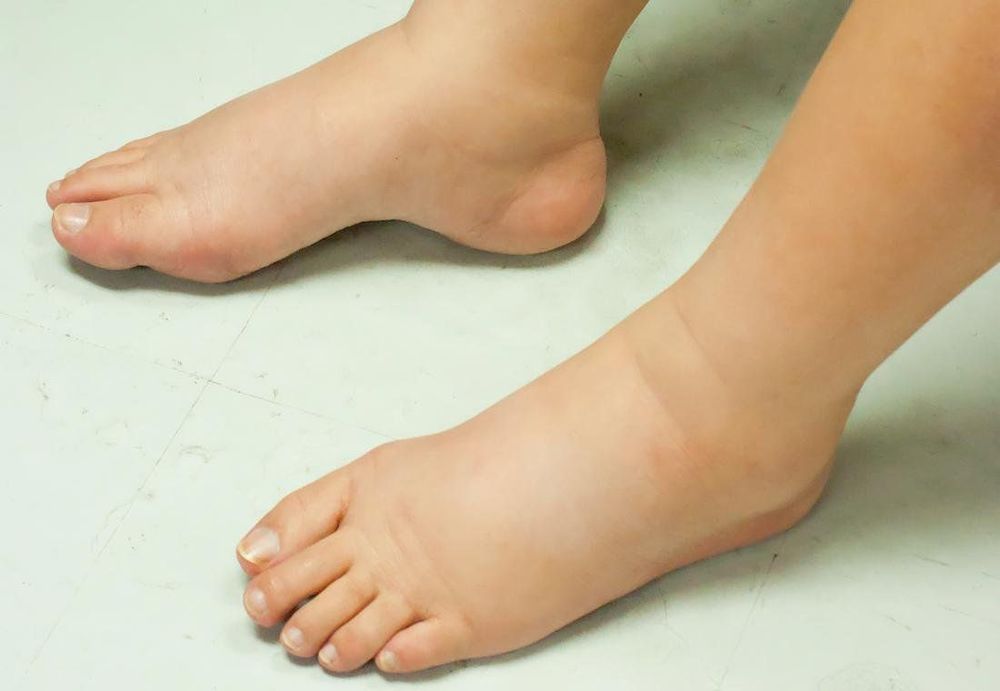Vitamin B1 plays an important role in many organs in the body. If there is a deficiency of this vitamin in the body, it will cause many dangerous diseases, including Beriberi.
1. What is Vitamin B1?
Vitamin B1, also known as thiamine, is one of the eight essential B vitamins that have many important functions in the body. This vitamin is used by most cells and is responsible for converting food into energy. Because the human body cannot produce thiamine, it must be supplemented through many thiamine-rich foods such as meat, nuts and whole grains. If you do not consume enough of these foods, it can lead to vitamin B1 deficiency (also known as beriberi).
2. What is Beriberi?
Beriberi is a beriberi disease caused by a deficiency of vitamin B1. The disease is divided into two types: wet beriberi and dry beriberi. Wet beriberi affects the heart and circulatory system. In severe cases, wet beriberi can lead to heart failure. Dry beriberi damages nerves and causes loss of muscle tone and even paralysis. As such, beriberi can be life-threatening if left untreated.

Image of patient with Beriberi disease with edema in both lower limbs
3. Causes of Beriberi
The main cause of Beriberi is a diet lacking in vitamin B1. This disease is common in areas where people eat over-milled rice, or rice that contains only about 1/10 the amount of thiamine compared to normal white rice.
Other causes of thiamine deficiency include:
- Alcoholics: These people have difficulty absorbing and storing thiamine.
- Genetic Beriberi: This is a very rare case where the body cannot absorb thiamine from food.
- Pregnant women, nursing mothers, and people with hyperthyroidism need to supplement thiamine.
- Prolonged diarrhea or the use of diuretics can also lead to thiamine deficiency.
- Infants who are fed formula milk that contains low levels of thiamine.
- Hemodialysis patients are also at high risk of developing Beriberi because their bodies lack thiamine stores.
4. Symptoms of Beriberi
The symptoms of Beriberi are initially silent and unclear, so they are often overlooked. The patient only feels tired, has a feeling of heaviness in the legs and feels heavy in the calves. In the evening, the legs are slightly swollen in the ankle area and numb, there is a tingling sensation like ants crawling in the calves, often have cramps, and sometimes feel the heart pounding. If not treated, the disease will gradually worsen.
Beriberi is divided into 3 levels:
- Mild level: The patient has just lost or reduced sensation, reduced reflexes, mainly in the lower limbs. At this time, if treated, the disease will recover quickly.
- Moderate level: The patient loses sensation, loses tendon reflexes, has muscle weakness, has difficulty walking but has not yet had muscle atrophy or muscle atrophy is unclear.
- Severe level: The patient has edema in both lower limbs, loses tendon reflexes, loses sensation, has muscle atrophy and cannot walk, and can die from heart failure, especially in children.

Severe Beriberi patient has edema in both lower limbs
The disease can occur in a few people but can also become a major epidemic. The disease can be cured quickly when supplemented with high doses of vitamin B1 but can also be fatal without timely treatment.
5. Complications of Beriberi
If mild vitamin B1 deficiency manifests on the nervous system as peripheral neuritis, sensory disturbances in the limbs, there may be increased or loss of sensation. Muscle tone gradually decreases and can cause paralysis or paralysis of a limb.
Severe vitamin B1 deficiency causes personality disorders, depression, lack of initiative and poor memory as in Wernicke’s encephalopathy and if treated late causes Korsakoff’s psychosis.
6. Diagnosis of Beriberi
Beriberi is diagnosed by doctors based on the following tests: Blood and urine tests to measure the concentration of vitamin B1 in the body. Determine the transketolase enzyme activity of red blood cells. If the body cannot absorb thiamine, the level of thiamine in the blood will be low and in the urine will be high.
In addition, doctors also rely on brain function tests to determine whether the patient has a lack of coordination, difficulty walking, drooping eyelids, and weak reflexes. In later stages, patients with Beriberi will have memory loss, confusion, and delusions.
7. Treatment of Beriberi
Symptoms of Beriberi are quite serious, but the disease can be completely cured easily with vitamin B1 (thiamine) supplements. In severe cases, patients may need to receive intravenous thiamine. Blood thiamine tests will help monitor the body’s ability to absorb thiamine.
Doctors will also perform neurological tests to look for lack of coordination, difficulty walking, drooping eyelids, and weak reflexes. People with late-stage vitamin B1 deficiency show signs of memory loss, confusion or delusions.
8. Appropriate lifestyle
As a disease caused by malnutrition, the best prevention and treatment method is to maintain a suitable diet. You should maintain a balanced, healthy diet including foods rich in vitamin B1 such as beans and legumes, nuts, meat, fish, whole grains, nuts, milk…

Vitamin B1 is found in a variety of foods.
If formula feeding, parents should check that their baby has enough vitamin B1. Always make sure to buy infant formula from a reputable source.
Limiting alcohol intake will reduce the risk of developing beriberi. Anyone who abuses alcohol should be regularly tested for vitamin B1 deficiency.





